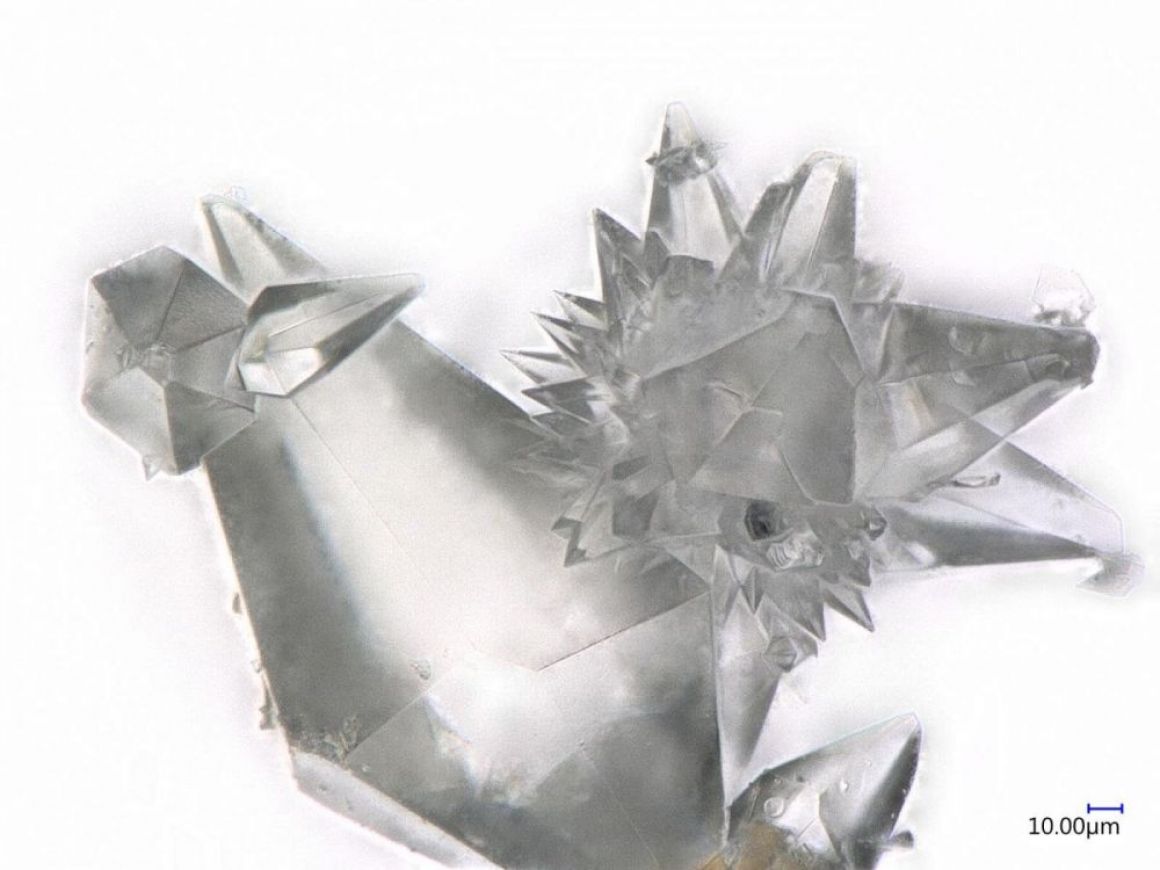- by BromMarin

Virus inhibitors from the sea
For several years now, scientists at TU Freiberg have been researching the unique properties of Aplysina aerophoba, a marine sponge species that naturally produces antiviral substances. The substance can inhibit the growth of viruses as well as the entry of viruses into cells.
Since the scientists have succeeded in extracting larger amounts of the substance, it could now even be used in clinical trials against the Covid-19 pathogen.
Responsible for the antiviral, antibacterial and antiparasitic effect are the so-called bromtyrosines, which the Aplysina sponge always produces when its tissue has been damaged and it subsequently wants to defend itself against various pathogens. The natural chemical defence strategy developed by the sponge species during the course of evolution: the breakdown of the connections between the tissue cells leads to a rapid chemical reaction at the injured site. The product of the reaction, the amino acid derivative bromtyrosine, destroys invading foreign bodies, but also viruses and bacteria immediately. In this way, the active ingredient inhibits protein synthesis and thus the proliferation of RNA viruses - including the coronavirus SARSCoV-2 - and also prevents viruses from entering the tissue cells. The Freiberg scientists were able to demonstrate this mechanism of action in pre-clinical studies using tumour cells as an example. In cooperation with the University Hospital Dresden, they did not find any cytotoxic effects on the cells.
"We have succeeded in isolating these bioactive substances in a purely crystalline form, in such quantities (i.e. considerably more than 10 grams) that they are available for immediate clinical investigations against the COVID-19 pathogen," explains Prof. Dr. Hermann Ehrlich from the Biomineralogy and Extreme Biomimetics research group at the TU Bergakademie Freiberg. "In the current situation we are of course open to cooperation with the relevant authorities and institutions," said Ehrlich.
Extracting valuable substance in an environmentally friendly way
In recent years, researchers have been able to extract up to 100% of the valuable bromtyrosine from the sponge thanks to a new method. "We use microwave radiation to isolate and extract the bromine tyrosine from the cells and skeletal fibres of the cultured sponges," explains the head of the Biomineralogy Laboratory at the Institute for Electronic and Sensor Materials. In cooperation with the Saxon start-up company BromMarin GmbH, Prof.Ehrlich and his team are continuing their research into the ecological method, which involves the cutting off of only part of the sponge under water, thereby completely preserving its regenerative capacity.
The marine horn sponge Aplysina aerophoba
The marine horn sponge Aplysina aerophoba has been growing in the shallow coastal areas of warm seas for more than 500 million years. Today, the largest occurrences of this sponge species are found in the European Mediterranean, especially off the coast of Montenegro, Croatia and Albania. Since 2014, scientists of the TU Bergakademie Freiberg together with marine biotechnologists of the Institute of Marine Biology in Kotor, Montenegro, have been supervising a 100 square metre sponge breeding facility.
The Freiberg researchers recently published their results in the journal "Materials Science and Engineering" under the title: Marine biomaterials: Biomimetic and pharmacological potential of cultivated Aplysina aerophoba marine demosponge.
Thank You! The form has been sent.
Error! The form could not be sent. Please try again later.
